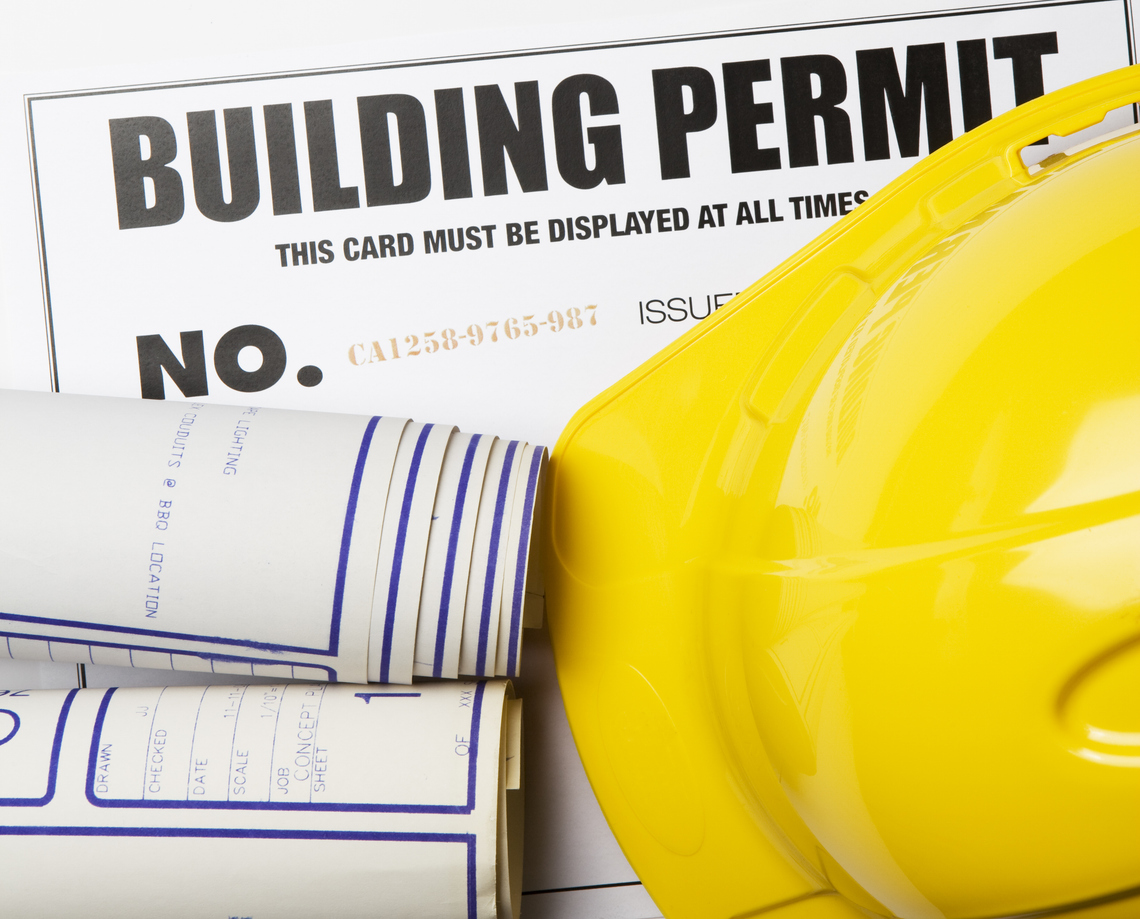Last month, the Indiana Court of Appeals held that a public insurance adjuster could not be personally liable to an insurance company for tortious interference with a contract and that an alleged destruction of property did not give rise to an independent spoliation of evidence claim.
To understand this Indiana Court’s ruling, it is important to understand the specifics of this loss and the facts leading up to the Court’s decision.
The Loss
The Gubics’ home was damaged by fire in January 2007. The insurance carrier, Meridian Insurance Company, resolved the structural portion of the claim with the insureds and paid approximately $200,000.00 for the structural damage. However, the personal property portion of the claim was disputed. The Gubics hired Hoffman Adjustment Company as their public insurance adjuster. The record indicates that Meridian “inventoried and examined the damaged property.” Meridian believed most of the property was salvageable and could be cleaned. Meridian argued that the inventory the insureds provided lacked certain information. The damaged property was photographed and disposed of at the end of September, 2007.
The Public Adjuster and the Contract
Hoffman Adjustment Company was hired by the insureds to assist. The contract provided for a 10% contingent fee and stated, “For such service (I) we hereby assign HAC the above amount due, or to grow by reason of such claim(s).”
The Litigation
The litigation that initiated by the Gubics, but Meridian filed declaratory actions and a third party complaint against Hoffman Adjustment Company and Joe Hoffman. The complaint alleged that the public adjuster breached the policy, failed to act in good faith, engaged in spoliation of evidence and fraud, committed unauthorized practice of law and tortiously interfered with the business and contractual relationship with the Gubics.
Hoffman argued that all counts against him should be dismissed in summary judgment because the insurance company failed to raise a genuine issue of material fact. The trial court granted Hoffman’s motion and the appellate court affirmed the decision.
The Court issued a thirteen page order detailing the reasons why Meridian’s allegations against Hoffman Adjustment Company and Joe Hoffman failed.
One of the interesting points the Court explained, deals with the relationship between the public adjuster and the insureds. The Court examined the contract and the relationships and decided that because Huffman had no contractual relationship with Meridian and because he was the Gubics’ agent, Meridian could not raise a spoliation of evidence claim against Hoffman.
Spoliation of Evidence
Spoliation of evidence is “ ‘the intentional destruction, mutilation, alteration, or concealment of evidence.’ ” Cahoon v. Cummings, 734 N.E.2d 535, 545 (Ind.2000) (quoting Black’s Law Dictionary 1409 (7th ed. 1999)). If spoliation by a party to a lawsuit is proved, rules of evidence permit the jury to infer that the missing evidence was unfavorable to that party. Id. “Indiana common law does not recognize an independent cause of action for either intentional or negligent ‘first-party’ spoliation of evidence, i.e. spoliation by a party to the underlying claim.” Glotzbach v. Froman, 854 N.E.2d 337, 338 (Ind.2006) (citing Gribben v. Wal-Mart Stores, Inc., 824 N.E.2d 349, 355 (Ind.2005))…
We agree with Hoffman that “the purported spoliation of evidence could serve as a defense to coverage under the Policy, but does not give rise to an independent claim against Hoffman.” See id. If the trial court concludes that the Gubics, and/or Hoffman, acting as their agent, are responsible for spoliation of evidence, established rules of evidence permit the fact-finder to infer that the missing evidence was unfavorable to the Gubics. See Cahoon, 734 N.E.2d at 545. Simply said, Meridian has a remedy for the alleged spoliation of evidence, and therefore, equity does not demand that we recognize an independent cause of action for spoliation of evidence under the facts and circumstances before us. See e.g. Gribben, 824 N.E.2d at 355.
Tortuous Interference with the Business or Contractual Relationship by the Public Adjuster
The Court held that the insurance company would have to prove that Hoffman intentionally interfered with the business relationship between the insurer and the insureds and that Hoffman intentionally induced a breach of contract between the two parties.
The Court determined that there was no interference because the public adjuster (by way of the contract for services) was an agent for the insureds, and insureds and their agents cannot interfere with their own business relations.
[a]s the Gubics’ agent, Hoffman’s actions in attempting to adjust the Gubics’ personal property damage claim are imputed to the Gubics. The Gubics cannot tortiously interfere with their own business relationship or their own contractual relationship with Meridian. See Greg Allen Const., 798 N.E.2d at 175 (“[A] party to a contract or its agent may be liable in tort to the other party for damages from negligence that would be actionable if there were no contract, but not otherwise.”); Trail v. Boys & Girls Clubs of Northwest Ind., 845 N.E.2d 130, 138 (2006) (“A party cannot’ interfere’ with its own contracts, so the tort itself can be committed only by a third party.”). Moreover, if Hoffman failed to adequately perform his duties to the Gubics as described in the adjuster agreement and Indiana Code section 27-1-27-1, as their agent, he is liable only to his principals. See Greg Allen Const., 798 N.E.2d at 174.
The case between Meridian Insurance Company and the Gubics has yet to be resolved, but this decision may deter other insurance companies from making similar arguments against public adjusting firms or individual public adjusters in the future.



